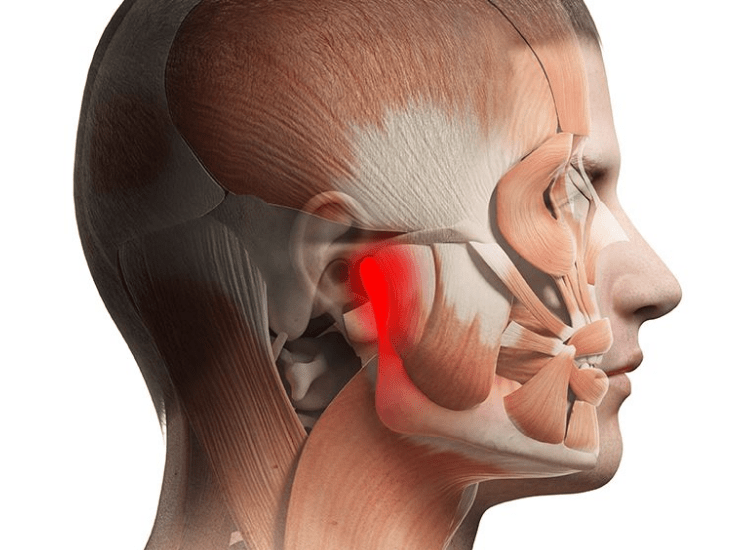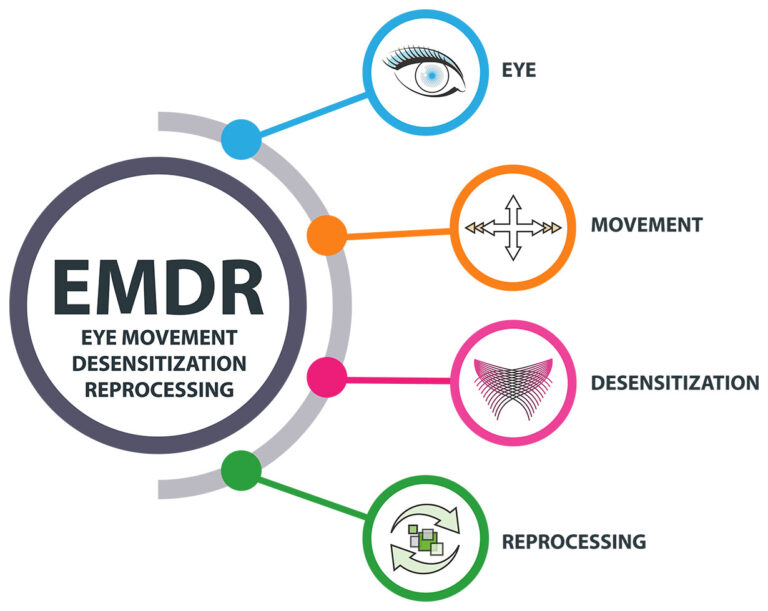Unlocking Healing: Understanding EDMR Therapy

What is EDMR Therapy?
In the realm of modern mental health treatments, EDMR therapy has emerged as a powerful approach for addressing trauma, anxiety, and other psychological challenges. Eye Movement Desensitization and Reprocessing (EMDR) is a structured therapy designed to help individuals process distressing memories and reduce the long-lasting impact of traumatic experiences.
Unlike traditional talk therapy, EDMR therapy focuses on reprocessing traumatic memories while stimulating the brain’s natural healing mechanisms. This method enables individuals to confront painful memories in a safe and controlled environment, gradually reducing emotional distress and negative beliefs associated with those experiences.
The Importance of EDMR Therapy
Traumatic events, whether recent or from childhood, can leave lasting emotional and psychological scars. These experiences may manifest as anxiety, depression, PTSD, phobias, or other mental health challenges. EDMR therapy helps individuals confront these unresolved issues and regain control over their emotional well-being.
By combining guided eye movements, bilateral stimulation, and therapeutic techniques, EDMR therapy allows the brain to reprocess traumatic memories. This approach promotes cognitive restructuring, emotional relief, and adaptive thinking, ultimately helping individuals move forward with greater resilience and mental clarity.
Who Can Benefit from EDMR Therapy?
EDMR therapy is highly versatile and can benefit a wide range of individuals experiencing psychological distress. Key groups include:
- Trauma Survivors: Those who have experienced physical, emotional, or sexual abuse, accidents, or natural disasters.
- Individuals with PTSD: People struggling with recurring trauma-related thoughts, nightmares, or flashbacks.
- People Facing Anxiety or Depression: Those dealing with intrusive thoughts, panic attacks, or persistent negative beliefs.
- Individuals Coping with Grief or Loss: Helps process unresolved emotions related to loss or significant life changes.
- Those with Phobias or Fears: Supports overcoming irrational fears by reprocessing associated memories.
This therapy is suitable for both adults and adolescents, providing tailored interventions that address the unique needs of each client.
How EDMR Therapy Works
EDMR therapy involves an eight-phase process, carefully structured to ensure safe and effective treatment:
1. History Taking and Treatment Planning
The therapist evaluates the client’s history, identifies traumatic memories, and creates a personalized treatment plan.
2. Preparation Phase
The client is taught relaxation and coping strategies to manage emotional distress during sessions.
3. Assessment of Target Memories
Specific traumatic memories are identified, and negative beliefs associated with these memories are recognized.
4. Desensitization
Through guided eye movements or bilateral stimulation, clients reprocess traumatic memories, gradually reducing their emotional intensity.
5. Installation of Positive Beliefs
Therapists help clients replace negative beliefs with adaptive, positive ones, reinforcing a healthier perspective.
6. Body Scan
Clients focus on physical sensations linked to the trauma, allowing unresolved bodily tension to be addressed.
7. Closure
Sessions end with grounding techniques to ensure clients feel safe and stable before leaving therapy.
8. Reevaluation
Progress is assessed in subsequent sessions to ensure continued healing and adjustment of treatment strategies if necessary.
Signs You Might Need EDMR Therapy
Consider EDMR therapy if you experience:
- Persistent intrusive memories or flashbacks
- Emotional numbness or avoidance of reminders of trauma
- Chronic anxiety or depression
- Difficulty processing grief or loss
- Irrational fears or phobias
- Sleep disturbances or nightmares
Early intervention with EDMR therapy can help prevent long-term psychological distress and support emotional resilience.
Benefits of EDMR Therapy
EDMR therapy offers numerous advantages for individuals seeking trauma recovery and emotional stability:
- Rapid Trauma Processing: Helps reduce the emotional impact of traumatic memories more efficiently than traditional therapies.
- Improved Emotional Regulation: Enables clients to manage intense emotions without becoming overwhelmed.
- Reduction of Anxiety and Depression: Supports mental well-being by reprocessing distressing experiences.
- Enhanced Self-Esteem: Replacing negative beliefs with positive perspectives fosters confidence and personal growth.
- Long-Term Resilience: Builds coping skills and adaptive thinking for future challenges.
The holistic nature of EDMR therapy ensures that emotional, cognitive, and physiological responses to trauma are addressed, creating lasting change.
Overcoming Hesitation About EDMR Therapy
Some individuals may hesitate to pursue EDMR therapy due to misconceptions about its process or intensity. It is important to understand that therapy is conducted in a safe, structured, and supportive environment.
Licensed therapists guide clients through each step, ensuring emotional stability while promoting healing. Online therapy options can also provide accessibility for those who may face scheduling or mobility challenges, making professional support more convenient.
Choosing the Right EDMR Therapist
Selecting a skilled therapist is essential for effective EDMR therapy. Consider:
- Professional credentials and specialized EMDR training
- Experience with trauma and related mental health conditions
- Ability to create a safe and empathetic environment
- Options for in-person or virtual sessions
A qualified therapist tailors sessions to the individual’s needs, ensuring safety, progress, and meaningful emotional healing.
Conclusion
EDMR therapy offers a scientifically-backed and highly effective approach to trauma recovery and emotional well-being. By reprocessing traumatic memories through guided techniques, individuals can reduce emotional distress, overcome negative beliefs, and regain control over their mental health.
Seeking EDMR therapy is a proactive step toward healing, resilience, and personal growth. With professional guidance, individuals can navigate life’s challenges with clarity, peace, and emotional strength, experiencing profound transformation in both mind and spirit.



